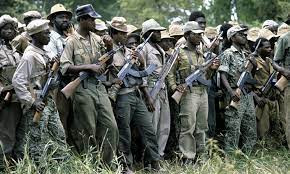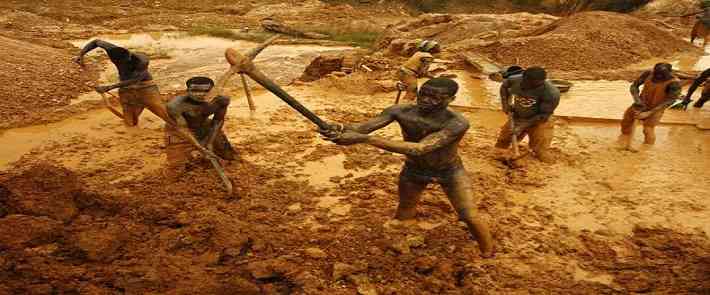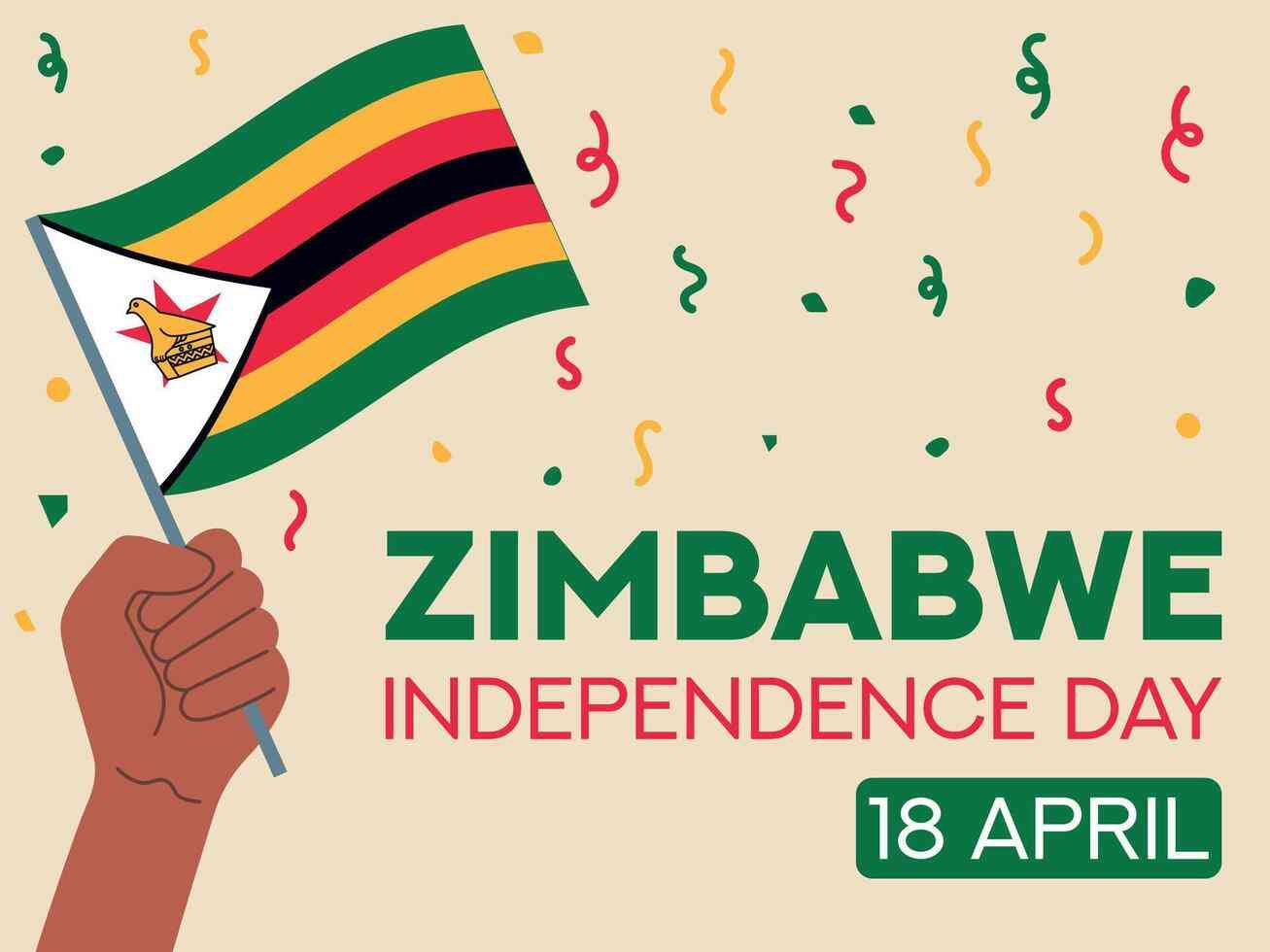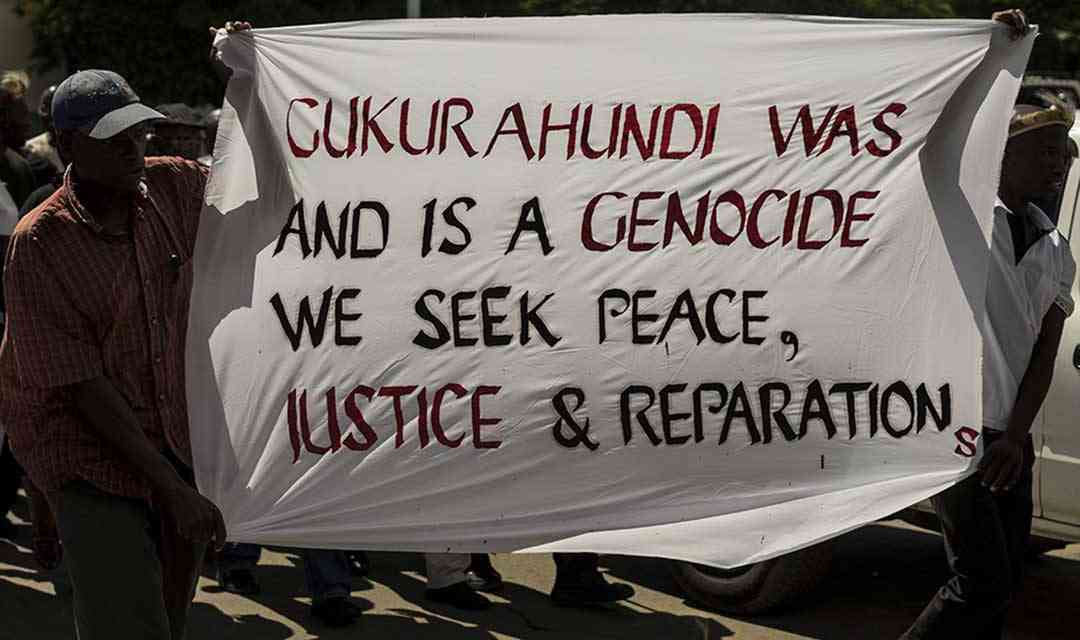
THE Zimbabwe Human Rights NGO Forum says the culture of abductions, enforced disappearances and murder by State security agents will continue as long as the Gukurahundi issue remains unsolved.
Zimbabwe is witnessing a surge in cases of abductions, enforced disappearances and murder of mainly opposition Citizens Coalition for Change (CCC) activists.
The forum’s acting executive director Wilbert Mandinde said resolving Gukurahundi issue would put an end to human rights violations.
“The most likely outcome is that we will forever have protracted arguments. We will forever continue to see some of the bad things that we are seeing. Up to now we have people being abducted, up to now we have the government denying these particular issues,” Mandinde said.
He was speaking to NewsDay after the premiere of the National Transitional Justice Working Group (NTJWG) Memorialisation documentary — Unforgettable Echoes in Harare on Tuesday this week.
“We saw yesterday the police issuing a statement regarding Pastor Masaya where the police are simply saying we are taking it as a murder case which is not politically motivated yet the other political parties in particular the CCC is claiming that he was campaigning for them and are linking it to politics. We see denial once again.”
CCC activist Tapfumaneyi Masaya was found dead after being abducted by suspected State security agents, while campaigning for the CCC in the Mabvuku-Tafara constituency.
At least 20 000 lives were lost during the Gukurahundi massacres in Midlands and Matabeleland provinces. The killings only ended after the signing of the Unity Accord in 1987 between Zanu PF and PF Zanu.
- Abductions are a crime against humanity: ZLHR
- Village Rhapsody: Zanu PF must revisit its ruinous stance on NGOs
- Detained CCC activist falls sick
- Zanu PF youths run amok at court
Keep Reading
“When the police speak, they speak on behalf of the government and they are denying what the public is alleging to be the truth.
“We need to go back to what really transpired during then so that people make proper apologies if certainly agreeing that what they did is wrong so that the apologies can be accepted but we then look forward as a country and say how do we ensure that this does not happen again,” Mandinde said.
Meanwhile, NTJWG has commissioned the documentary that sheds light on the context of memorialisation in Zimbabwe.
The documentary reflects on the challenges and opportunities communities and transitional justice stakeholders face in carrying out memorialisation initiatives in Zimbabwe.









